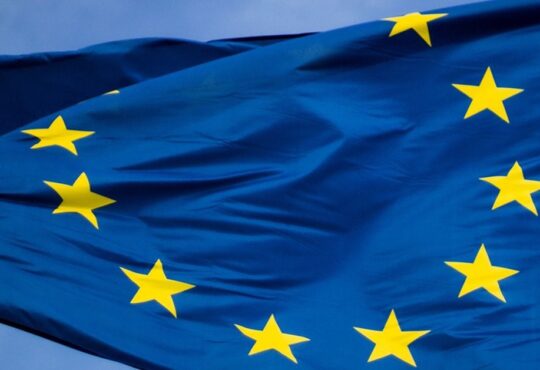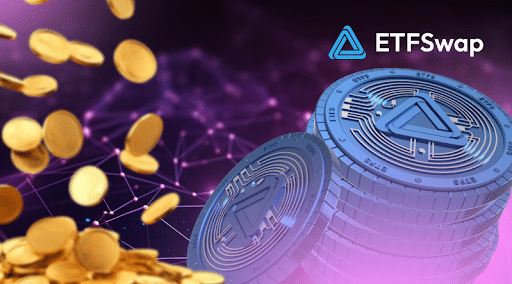
The tiny British overseas territory of Gibraltar on the southern coast of Spain, home to fewer than 35,000 people, laid the groundwork for what is now a major international hub for online and offline gambling and a respected offshore financial center about 25 years ago.
A strict but reasonable licensing process to protect reputation is balanced with a competitive offer, favorable taxation, and a banking infrastructure to support the sector; all of which makes Gibraltar’s e-gaming regulatory regime one of the most effective and respected in the world.
Gibraltar’s advantageous regulatory environment has attracted large e-gaming players and led to the country’s acquisition of over a third of the worldwide online gambling industry.
Gibraltar may try to repeat this accomplishment in 2023 by promoting Blockchain and cryptocurrencies.
License for Distributed Ledger Technology Providers in Gibraltar
Gibraltar wants to attract blockchain-focused fintech companies to preserve its strong financial services industry.
A financial services license for distributed ledger technology providers (DLT) went into effect in January of this year, creating a regulatory atmosphere conducive to attracting blockchain and cryptocurrency enterprises.
The DLT provider license, issued by the Gibraltar Financial Services Commission (“GFSC”), Gibraltar’s financial services regulator, provides a regulatory framework that allows businesses to conduct operations using blockchain technology in an authorized and regulated manner. This includes cryptocurrency exchanges.
Creating a exchange outside the United States needs a Gibraltar crypto license at this time. Some of the top cryptocurrency markets are really unsupervised.
The majority of licensed businesses do business with an Electronic Money/Payment Institution License. These licenses allow fiat wallets to be activated and support fiat currencies on the exchange, but their suitability with regard to cryptocurrency activities is unknown, and it is to be anticipated that special rules tailored to this activity will be developed sooner rather than later.
Rather than merely warning of risks and putting the brakes on companies innovating in the financial sector, Gibraltar has taken the bull by the horns and done its homework by introducing a specific regulatory framework for blockchain companies, including exchanges, that are based in the Rock.
Possibly no other jurisdiction is more appealing than Gibraltar for blockchain companies seeking regulation and looking to do business in a sound and safe jurisdiction, thanks to its government’s public expression of support and willingness to attract the blockchain and crypto industry and the enactment of its correspondent legal framework and its pro-business environment.
Gibraltar’s regulated exchanges will gain three significant advantages from the reduction of regulatory uncertainty: credibility with customers, ease of access to financial services, and fair taxes.
Fiat currencies and banking in Gibraltar
It may not be necessary to acquire an additional electronic money institution license, as is the case in other countries of the EU and the United States, in order for your exchange to effectively support fiat currency, so long as you do not plan to offer fiat money remittance or prepaid cards linked to the account.
Many Exchanges have had their bank accounts frozen in the last year, forcing them to switch to alternate payment methods like payment processors or even just completely suspend fiat deposits and withdrawals. A Fintech law firm can provide support services for registration and obtaining a license.
In order to register a bank account in Gibraltar and run your company legally and ethically while still supporting your customers’ fiat currency wallets, you’ll need to pass through the regulatory filter.
Benefits of obtaining a license
However, exchanges have often been the target of scams, hacks, and market manipulation.
Being regulated and subject to regular controls, audits, and transparency requirements will help the sector gain legitimacy with customers and attract institutional money, giving it not only an advantage over competing exchanges but also the standards and confidence to propel the industry to widespread adoption.
Valeriy Matyash, a seasoned specialist in intellectual property and compliance matters, authored this article






